Land Rover Range Rover D350 diesel AWD automatic
2022
26%
6.8
10
Clean Air Index
1.0
10
Energy Efficiency Index
0.0
10
Greenhouse Gas Index
| Laboratory Tests | NMHC | NOX | NH3 | CO | PN | |
|---|---|---|---|---|---|---|
| 7.010 | Cold Test | |||||
| 9.010 | Warm Test | |||||
| 6.410 | Highway | |||||
| Cold Ambient Test | Does not qualify for additional robustness testing | |||||
| Road Test | ||||||
| 6.810 | On-Road Drive | |||||
| 1.45 | On-Road Short Trip | |||||
| On-Road Heavy Load | Does not qualify for additional robustness testing | |||||
| On-Road Light Load | Does not qualify for additional robustness testing | |||||
| Congestion | Does not qualify for additional robustness testing | |||||
| Laboratory Tests | Energy | |||
|---|---|---|---|---|
| 1.210 | Cold Test | |||
| 2.010 | Warm Test | |||
| 0.010 | Highway | |||
| Cold Ambient Test | Does not qualify for additional robustness testing | |||
| Consumption | Driving Range | |||
| Average | 8.7l100 km | 931km | ||
| Worst-Case | 10.0l100 km | 799km | ||
| Greenhouse Gases | CO2 | N2O | CH4 | |
|---|---|---|---|---|
| 0.010 | Cold Test | |||
| 0.010 | Warm Test | |||
| 0.010 | Highway | |||
| Cold Ambient Test | Does not qualify for additional robustness testing | |||
Specifications
- Tested Car SALKA9BW3NA00XXXX
- Publication Date 12 2022
- Vehicle Class Large SUV
- Emissions Class Euro 6d AP
- Tyres 285/45 R22
- Mass 2,713 kg
- Engine Size 2,997 cc
- Power/Torque 258 kW/700 Nm
- Declared CO2 211 g/km
- Declared Consumption 8 l/100 km
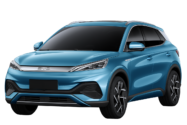
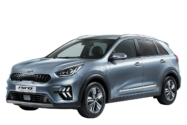

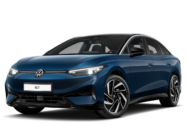
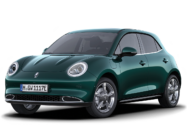
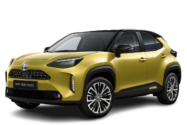
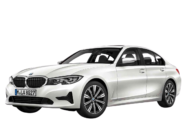
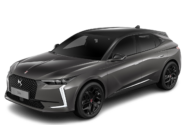
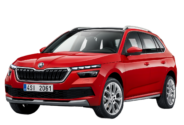
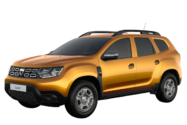
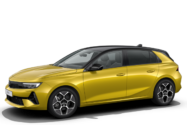
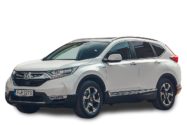
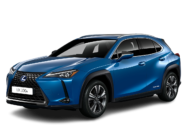

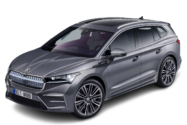

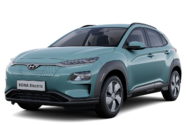

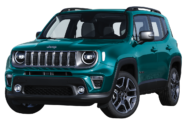
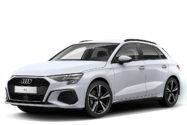

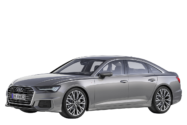
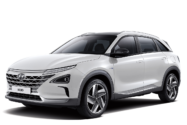
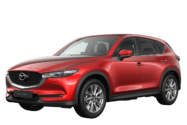
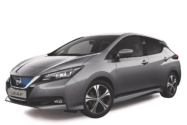
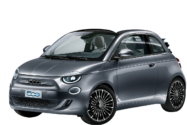

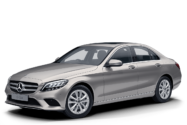
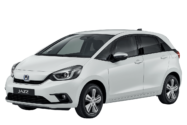
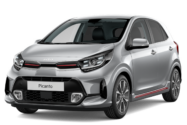
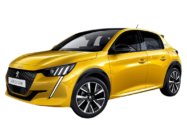

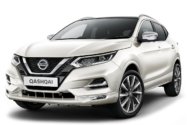
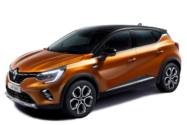


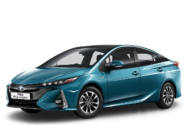
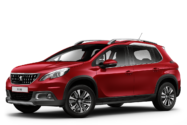
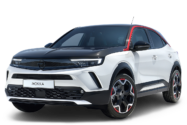
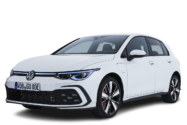
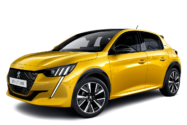
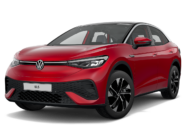
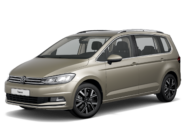
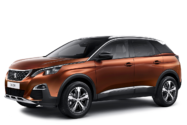
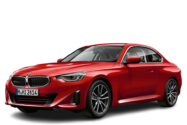

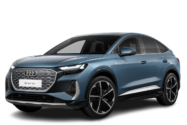
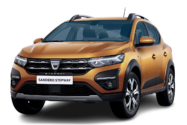
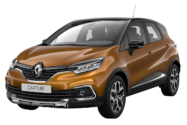


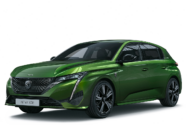
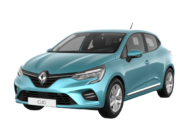
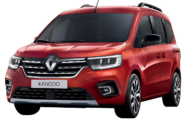
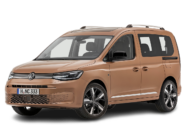
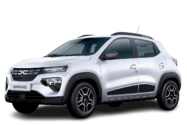
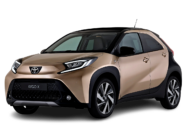

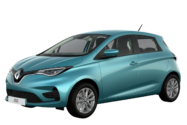
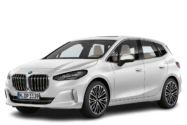


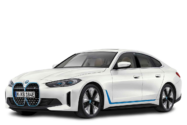


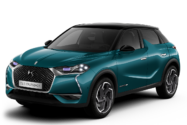
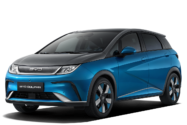
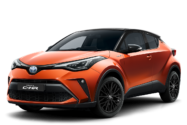

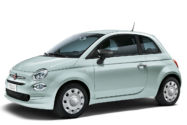
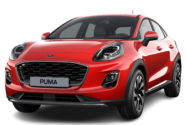
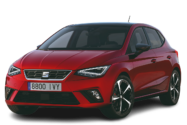
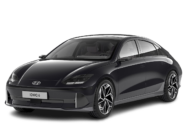
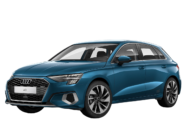
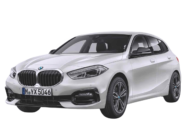
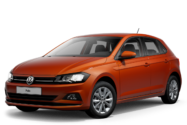
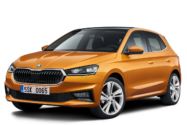
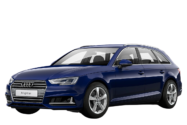
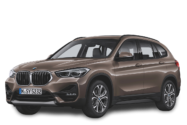
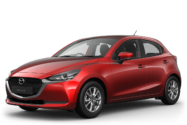

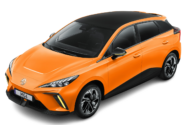


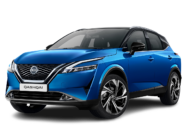




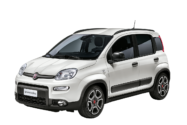

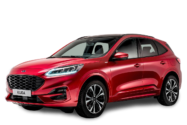

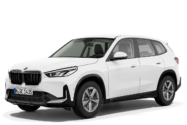
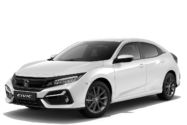
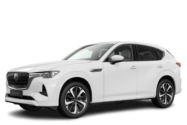
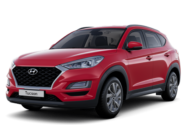
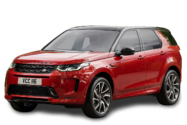
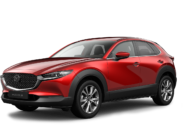



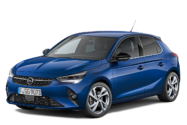


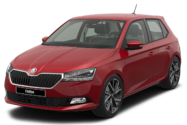
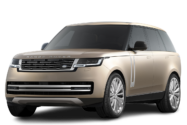

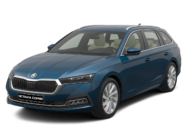
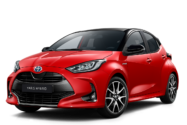
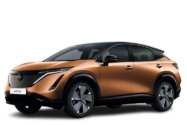

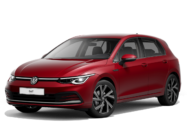

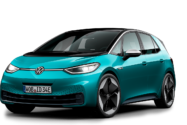
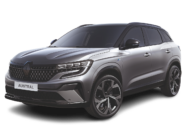



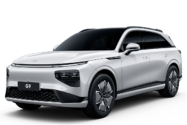

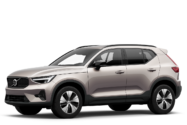
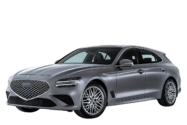
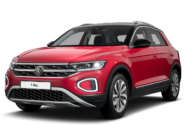
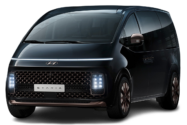



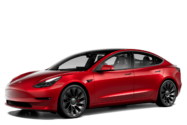
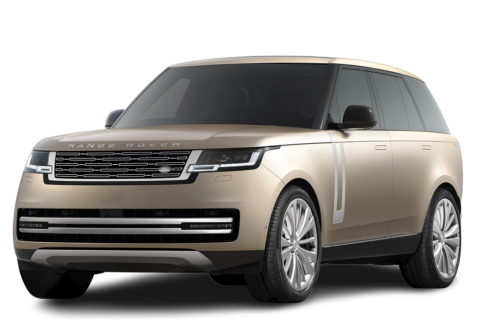
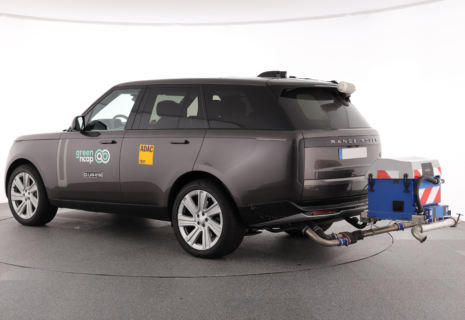
Our verdict
August 2023: The result of this car been updated. Previously reported Ammonia (NH3) values were incorrect owing to a technical error with the equipment at the test laboratory and a correction has been applied.
The Range Rover D350 is a large and heavy luxurious SUV, equipped with a six-cylinder diesel engine with a power of 258 kW. Its mild-hybrid system cannot reduce the consumption to levels which would allow Green NCAP to award it higher results in the Energy Efficiency and Greenhouse Gas Indices. The consumption figures and the related greenhouse gas emissions are fair for a vehicle of this type, but still constitute a large impact on the environment. On the positive side, the Range Rover demonstrates that high fuel consumption is not necessarily at odds with good exhaust gas cleaning . The aftertreatment systems work well and robustly, and impresses with low particle number and NOx, especially in the Warm Lab Test. However, cold powertrain start tests and the conditions in the Highway Test reduce the results slightly and identify room for improvement. Short Urban Trips are not the Range Rover's strength, whether for Clean Air or Efficiency. The combined results of the three indices allow the British SUV to score 1½ stars with an overall weighted score of 2.6.